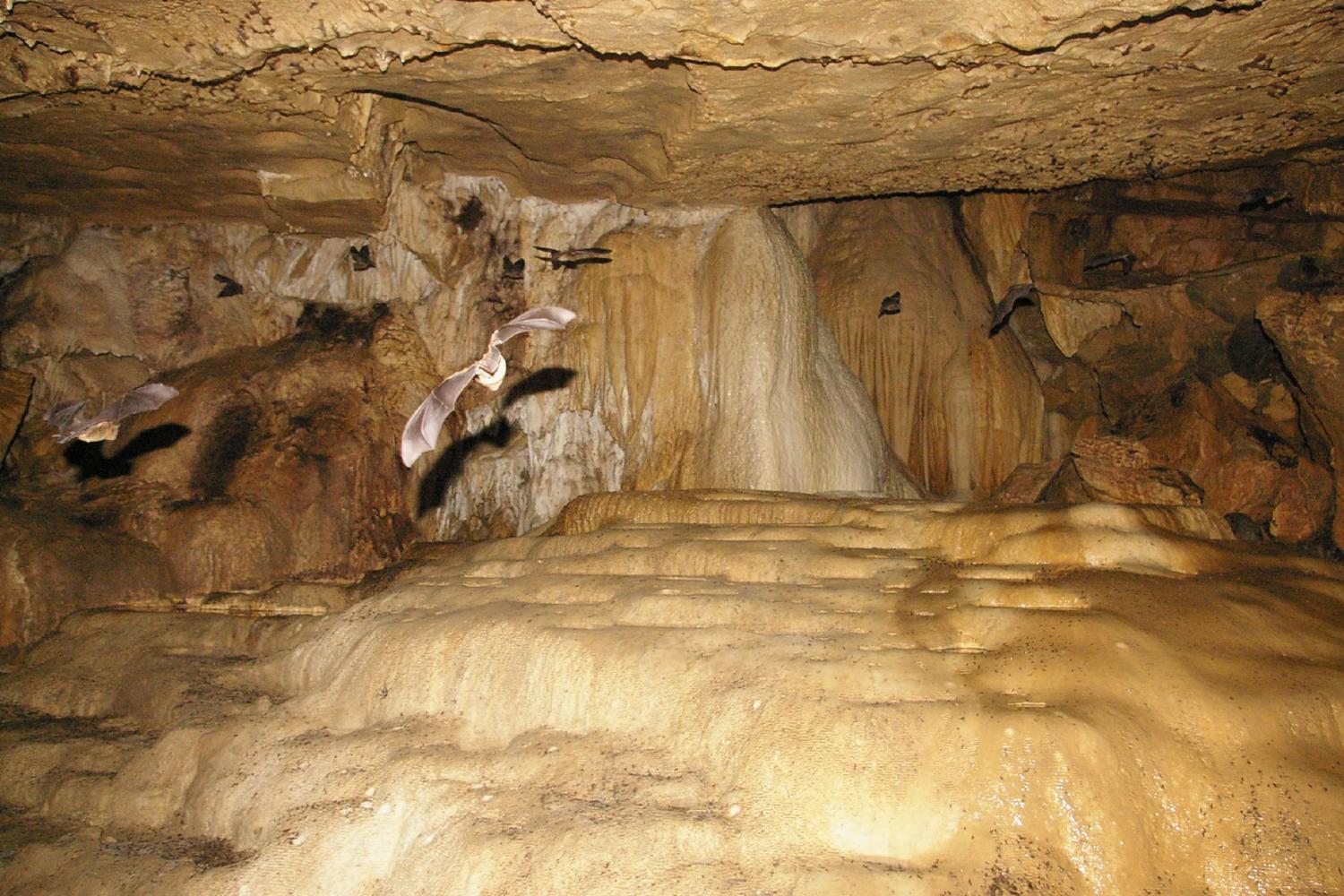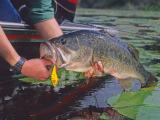A new report describes how 12 members of an extended US family who toured a bat-colonized Costa Rican cave tied to a previous histoplasmosis outbreak returned with confirmed or likely cases of the fungal disease.
Histoplasmosis, which primarily affects the lungs, is caused by inhaling Histoplasma spores from disturbed soil containing bat guano or bird droppings. Most people have no symptoms, but the disease can put infants and people with weakened immune systems at risk for severe illness that can be chronic or deadly if untreated.
For the study, published last week in Morbidity and Mortality Weekly Report, a team led by researchers from the US Centers for Disease Control and Prevention (CDC) examined the suspected histoplasmosis cluster affecting the family members, who lived in Georgia, Texas, and Washington state, in December 2024 and January 2025.
Travel details raised suspicion
As part of a 7-day vacation, on December 24, 12 of 13 family members in the travel group toured Venado Caves, a popular tourist destination in Alajuela province, in the north-central part of Costa Rica near Nicaragua's southern border. Six family members were aged 42 to 49 years, and six were aged 8 to 16.
All reported seeing bats and coming into contact with bat droppings while crawling through tight spaces during the 2-hour tour and became mildly or moderately sick after returning to the United States 8 to 19 days after the visit. Five adults and one child sought treatment at an urgent care or primary care center after experiencing symptoms but didn't mention any travel. The family member who didn't tour the cave didn't become ill.
Signs and symptoms included headache, malaise, fever, night sweats, muscle pain, and respiratory and gastrointestinal problems. No other activities reported before, during, or after the trip were tied to risk factors for exposure to Histoplasma species. Four family members were tested for fungal antigens, with two of them positive for Histoplasma capsulatum species complex.
Three patients received antibiotics, two were given corticosteroids, and one received a cough suppressant. One adult was referred to an emergency department and hospitalized because of abnormal chest radiographic findings that raised concerns about lung cancer. That patient was given antifungal medication.
But the day after admission, healthcare providers who asked if the patient had recently traveled learned of the cave visit and began to suspect histoplasmosis. On January 17, a Georgia infectious disease physician notified the CDC of the cases.
The cave was associated with a histoplasmosis outbreak in 1998 and 1999 that sickened 51 people.
All patients improved within a month
On January 21, 2025, the CDC launched a multistate investigation of the 12 cases with the Georgia Department of Public Health, the Texas Department of State Health Services, and the Washington State Department of Health.
"Antigen testing for all four patients occurred within 1 month of symptom onset, the optimal time frame," the researchers noted. "However, because antigen detection sensitivity for histoplasmosis is lower in patients with mild disease who are immunocompetent, the negative test results might have been false negatives."
One patient with a positive test result also twice received positive complement fixation antibody test results. In addition to the patient with radiographic findings suspicious for lung cancer, another patient also had abnormal radiographic results characterized by pulmonary nodules and opacities consistent with histoplasmosis.
However, because antigen detection sensitivity for histoplasmosis is lower in patients with mild disease who are immunocompetent, the negative test results might have been false negatives.
The ill family members were classified as having confirmed (1 patient), probable (8), or suspected (3) histoplasmosis based on the Council of State and Territorial Epidemiologists case definition. By day 28 post-exposure, all affected family members had recovered or were getting better, which the study authors said is consistent with mild or moderate histoplasmosis.
Antibiotics, corticosteroids not recommended
The CDC alerted health departments through an Epidemic Information Exchange notification to identify additional histoplasmosis cases and is working with the US Embassy in Costa Rica and the Costa Rica Ministry of Health to add information about histoplasmosis risks into the Venado Caves tour waiver forms.
Currently, the website for the Venado Caves tour, which prominently features photos of bats, says that the cave is home to a colony of bats and that guests will be given a mask of an unspecified type but doesn't mention histoplasmosis.
On March 18, the US Embassy issued a health alert to notify the public of the risk of contracting histoplasmosis from caving. Exposures to H capsulatum at Venado Caves could be ongoing.
Antibiotic (i.e., antibacterial) medications are ineffective, and corticosteroids might worsen fungal infections.
Histoplasmosis diagnoses are often delayed, and treatment guidelines recommend antifungal drugs for only severe histoplasmosis. "Antibiotic (i.e., antibacterial) medications are ineffective, and corticosteroids might worsen fungal infections; prescription of these medications to certain affected family members suggests that fungal infections were not initially considered as the cause of the illness," the researchers wrote.
"Clinicians should consider fungal illness in the differential diagnosis of patients with constitutional or pulmonary signs or symptoms after recent caving or other activities associated with risk for histoplasmosis and should report suspected cases of histoplasmosis to local health departments as applicable," they concluded.





















